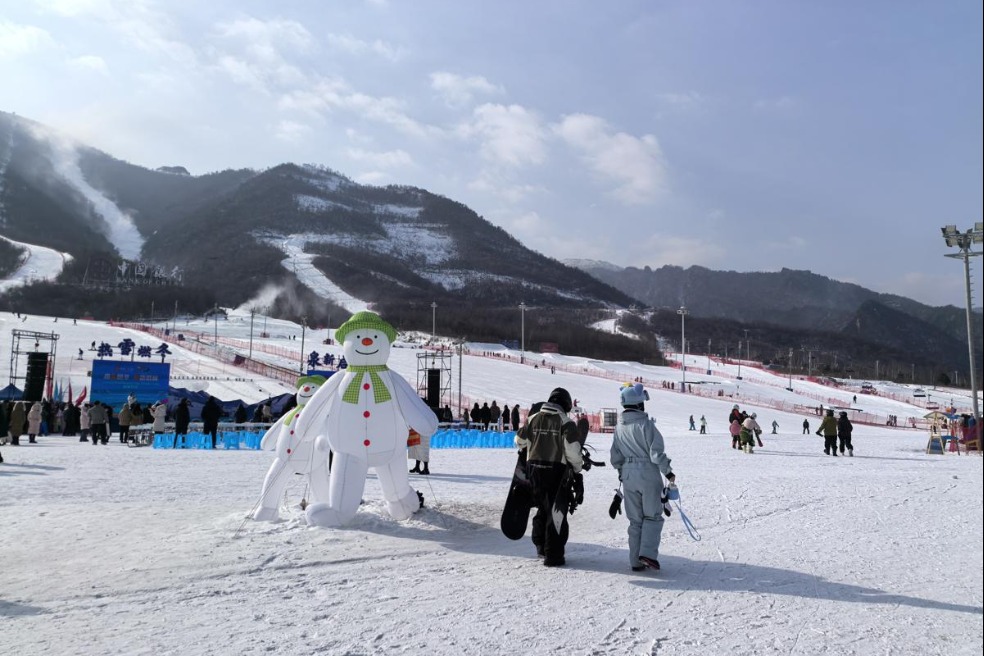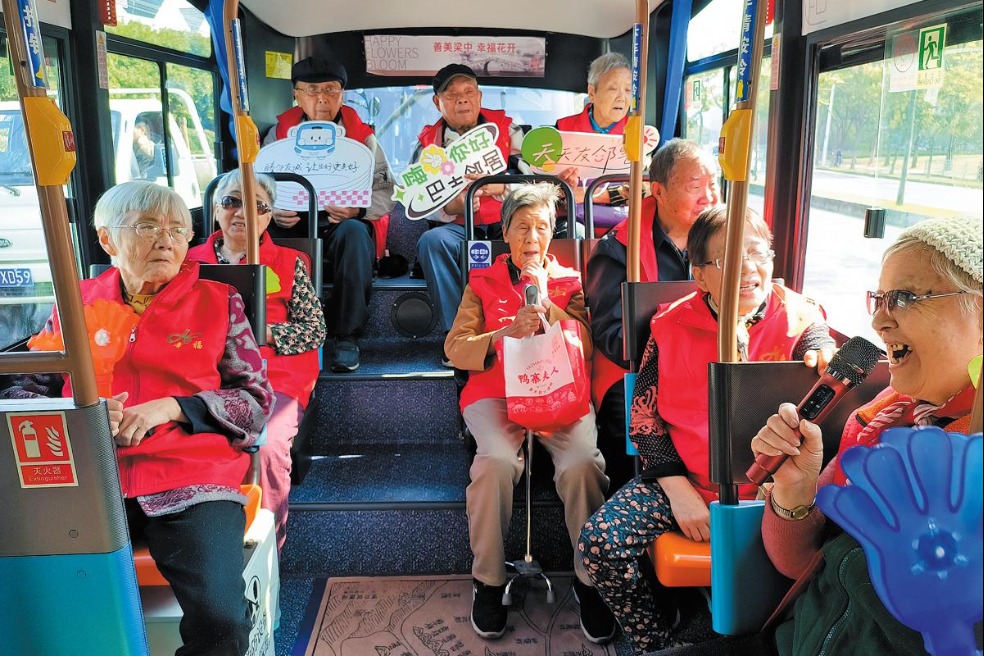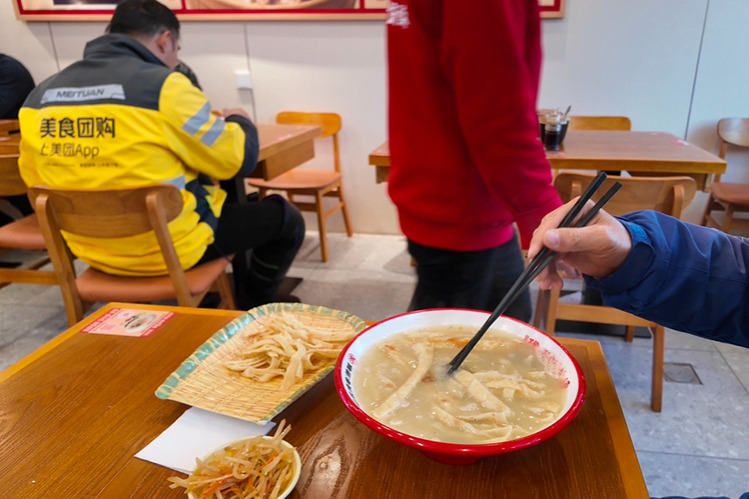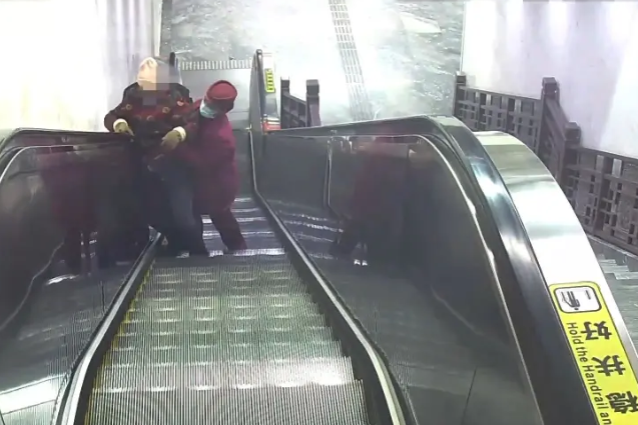Robotic knees earn amputee inventor fame

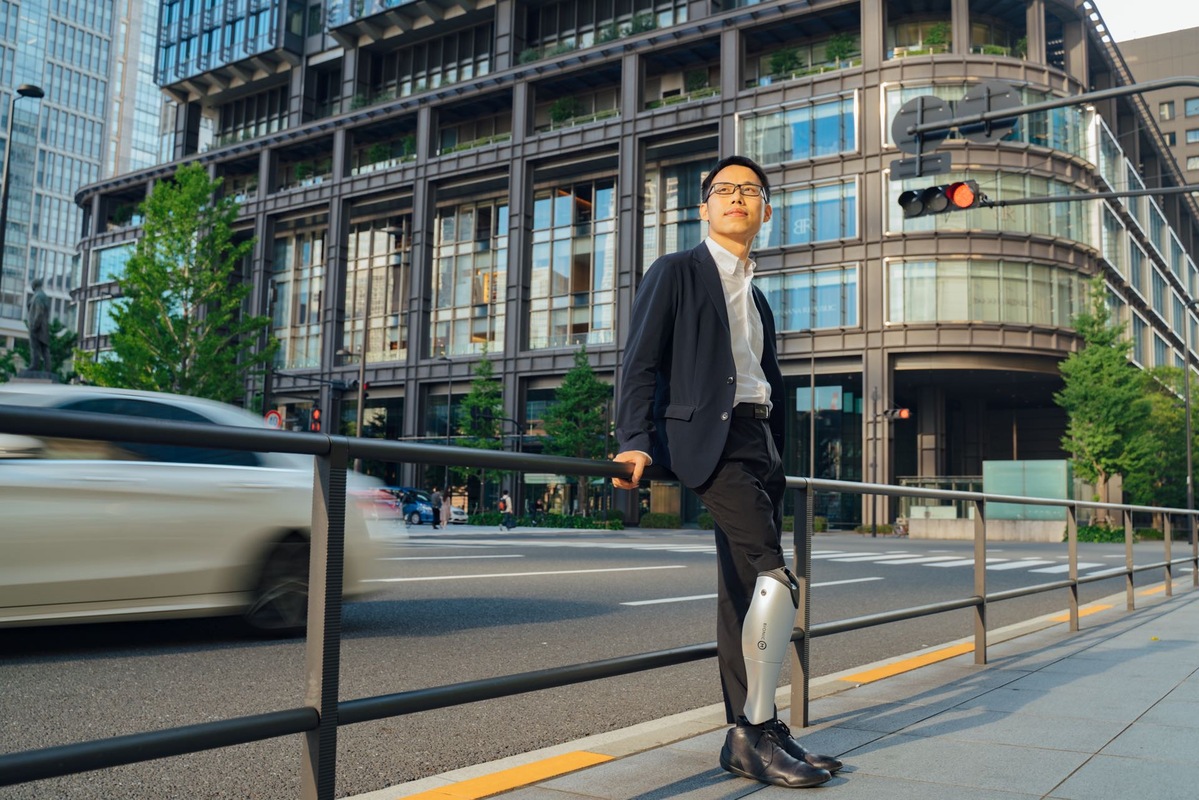
Company seeks funding to make cost of devices more accessible
Sun Xiaojun, an amputee who made himself a robotic knee, is now working to ensure that his invention is accessible to other people with disabilities to improve the quality of their lives.
Born in Shiqian county in Southwest China's Guizhou province, Sun was the naughtiest student in his class until he broke an ankle and was diagnosed with osteomyelitis, an inflammation of the bone, when he was 9.
His right leg was later amputated as a result of the condition.
"It was really unfortunate for me and my family. I was naughty and disliked studying before the amputation. But my father told me that I could only make a living by studying because I was not able to farm like him," the 34-year-old said in a recent interview with Yishou, an online video platform.
Even though his family wasn't able to afford to buy him a prosthetic replacement, the young boy refused to surrender to his fate and made up his mind to study hard.
In 2006, Sun enrolled at the Huazhong University of Science and Technology in Wuhan, Hubei province, to major in material forming and control engineering.
He made headlines when he registered at the university walking with a crutch. In 2009, he won the opportunity to continue his studies at Japan's Tohoku University.
"I started to wear a prosthesis two years after I began studying in Japan. I had never worn one before, so it took quite a long time to get used to it," he said.
The experience wasn't very comfortable because the knee didn't bend, and it took Sun time to go up and down stairs. He would sometimes fall over when he tried to walk too fast, which made him feel awkward. He came up with the idea for a smarter prosthesis by applying robot intelligence in 2013 while he was studying for his master's at the University of Tokyo.
He got a job at Sony after graduating, but he gave it up to pursue a doctorate focusing on humanoid robot research at the university in 2015. He founded BionicM in Shenzhen, Guangdong province, in 2018, so that his inventions could help more people with disabilities enjoy life.














